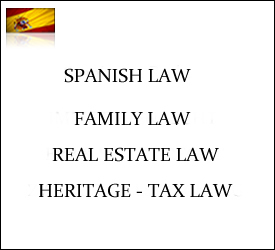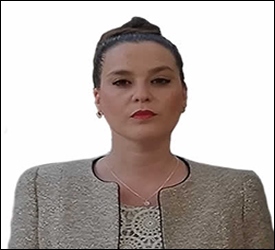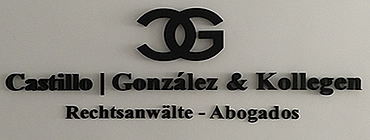Estate and real estate transfer in Spain
Beware of supposed tax savings models
The tax-saving models for estate and property transfers that are often touted as intelligent in Spain turn out to be punishable tax evasion on closer inspection. This article therefore deals with the German-Spanish (tax) law relevant for German property owners and testators, shows legal tax-saving models, warns against some advertised models and provides information on what a German property owner or testator in Spain should look out for in tax law Has. Spain is and remains the number one holiday destination for Germans. Many even speak frankly of the 17th state of Mallorca. With around 55 million tourists a year, Spain is the second most popular holiday destination in the world. But for many its not enough to just go on vacation,rather, they want to fulfill their dream of owning their own property in sunny Spain. The trend continues to rise. However, every buyer or seller, as well as the heir of a Spanish property, should note the following before the transfer: Spanish sales contracts for real estate are also in principle private, ie without a notarized certificate. So far, you cannot submit a tax return on the beer mat in Spain, but you can sell a property on one! Many may ask the question, why then a visit to the notary is recommended. The reason for this is that the entry in the land register, which serves as proof of ownership, is only made after prior notarisation of the purchase contract. However, you should know at this pointthat Spanish notaries do not have as extensive information obligations when buying property, unlike in Germany. Therefore, the visit to the Spanish notary should always be accompanied by a lawyer experienced in Spanish law. Of course, taxes and costs also apply to the sale. The buyer has to expect notary costs of approx. 0.5 to 1.5% of the certified purchase price, in addition real estate transfer tax or value-added tax of between 7 and 11% of the certified purchase price is due. The fees and costs for entries and gestorias amount to approximately 0.5 to 1.5% of the certified purchase price. The seller has to pay between 16 and 30% value added tax on the value increase of the cadastral land value, whereby this tax burden is usually passed on to the buyer.In addition, according to the current tax reform, non-resident EU citizens have to pay 19% profit tax, whereby an advance payment of 3% has to be made on purchase. This will be retained at the time of purchase. If the property is transferred by inheritance, the heir should first know that there is no agreement between Germany and Spain to avoid double taxation in the area of ??inheritance and gift tax law. This has the consequence, for example, that the heirs or gift recipients of a German property owner in Spain are subject to inheritance and gift tax in Germany as well as in Spain. If he can still claim generous allowances of up to € 500,000 in Germany under the new tax law, in Spain this is a maximum of € 16,000 in the case of inheritance.Spain does not grant an exemption for a gift. Here, a Spanish property worth € 240,000 can quickly lead to a tax burden in Spain of around € 40,000. Due to these high tax burdens, well-marketed and advertised tax-saving models by numerous lawyers and tax advisors in Spain are very popular with those affected, and in most cases they constitute punishable tax evasion. For example in the case of sub-securitization. A lower purchase price than actually paid is certified here. Another model is called a fictitious sales contract. Here, an actually intended gift is disguised as a sales contract. The so-called postmortem power of attorney is particularly delicate.The heir does not mention the testator's death and sells the property to himself with the aim of avoiding the high inheritance taxes. In addition to these clearly punishable models, we should expressly warn against constructions that mostly involve the sale or purchase of the property by means of a Spanish SL, foundation or other legal entity. After all, transferred company shares must of course also be reported to the tax office. There are also numerous legal models that can lead to significant tax savings if the German and Spanish (tax) law is optimally designed and exhausted. Examples include the gift of money in Germany to buy property in Spain, sometimes as a variant with usufruct order. Therefore:With clever and foresighted design, competent legal advice from experienced lawyers can achieve considerable legal tax savings.










